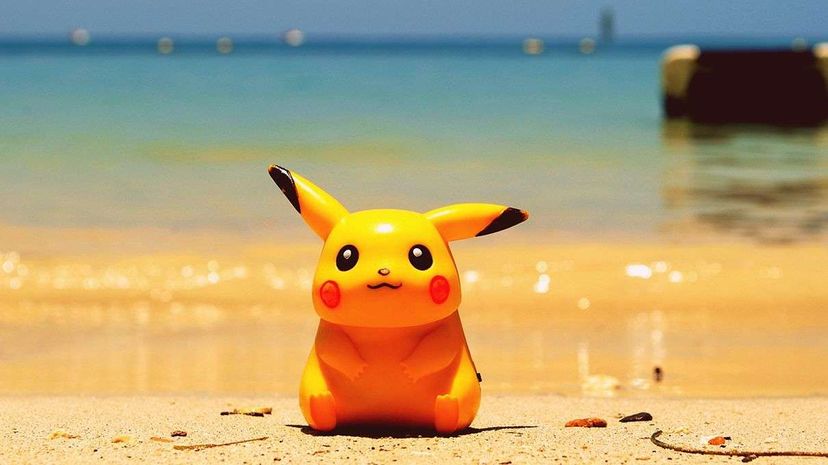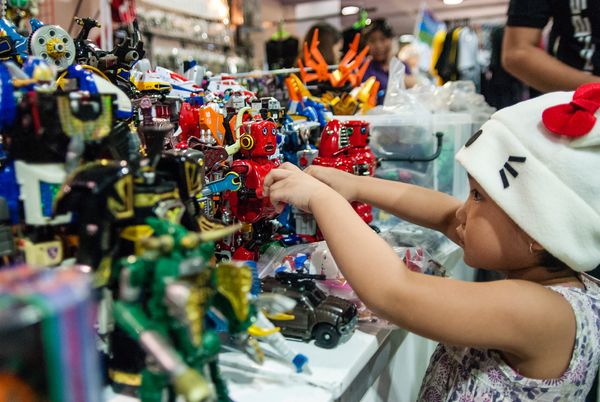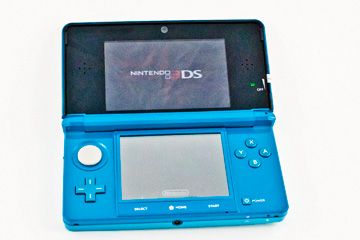
For some of us, Pokemon is a vaguely familiar Asian cartoon game that started on Gameboy and later turned into a trading card craze. Or was it the other way around? Some of the most expensive pokemon cards are now going for more than $375K! If you haven't been paying attention lately, there are still plenty of people captivated by the fictional anime universe. Just look at the recent controversy over Nintendo's plan to change the name of one of Pokemon's best known characters.
Ever since the kooky little critters bust upon the scene more than two decades ago, Pokemon's Japanese creators at Nintendo have given each character three different names for Chinese fans: two in different Mandarin dialects and the other in Cantonese. Now they're scrapping the Cantonese versions altogether, and a lot of folks in Hong Kong aren't too happy about it.
Advertisement
Who knew one little name change would raise a host of questions about linguistics, identity and politics? Probably anyone familiar with the relationship between China and Hong Kong. The autonomous Chinese territory on the mainland's southern coast that's had a tricky relationship with its big brother for quite some time.
When Nintendo announced that it would celebrate Pokemon's 20th anniversary with a pair of new games for the handheld Nintendo 3DS device, the Japanese video game giant also slipped in the info that it would simplify the characters' names in versions of the game distributed in China, Hong Kong and Taiwan. That means blending the two Mandarin handles into one and completely eliminating the Cantonese version. Pikachu, as the franchise's patron saint is transliterated into English, is now Pi-Ka-Qiu. The problem arises because though Cantonese and Mandarin are different languages, they use the same Chinese characters, and the new spelling now sounds like Bei-Kaa-Jau in Cantonese, rather than Bei-Kaa-Chyu, which had long been the character's name in Hong Kong.
The move is not sitting well with activists in Hong Kong who say it disregards not just fans and their decades of devotion to the toys, but also linguistic and cultural differences between the tiny region and the Middle Kingdom. They've taken to sparse protests in the streets, set up a Facebook protest page, marched in front of the Japanese consulate and gathered thousands of signatures demanding that Nintendo undo the change.
No word on whether the petition was written in Mandarin or Cantonese.
Learn more in this video about the controversy:
Advertisement

